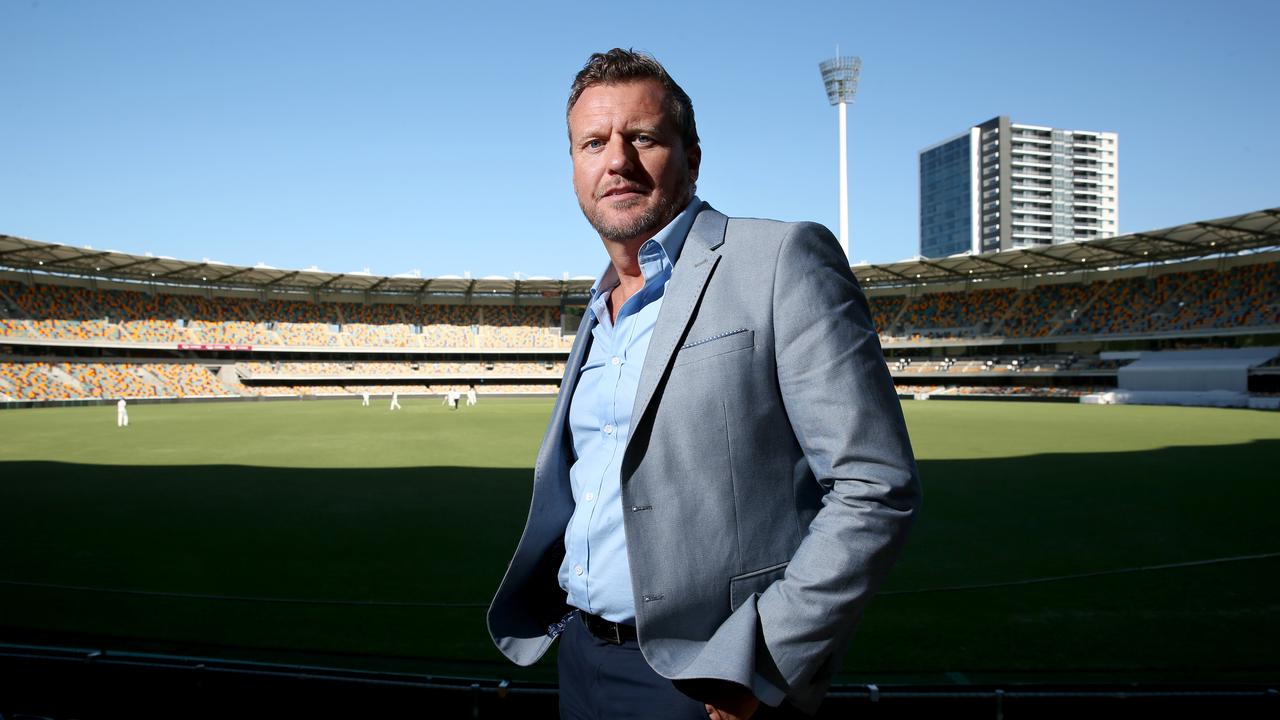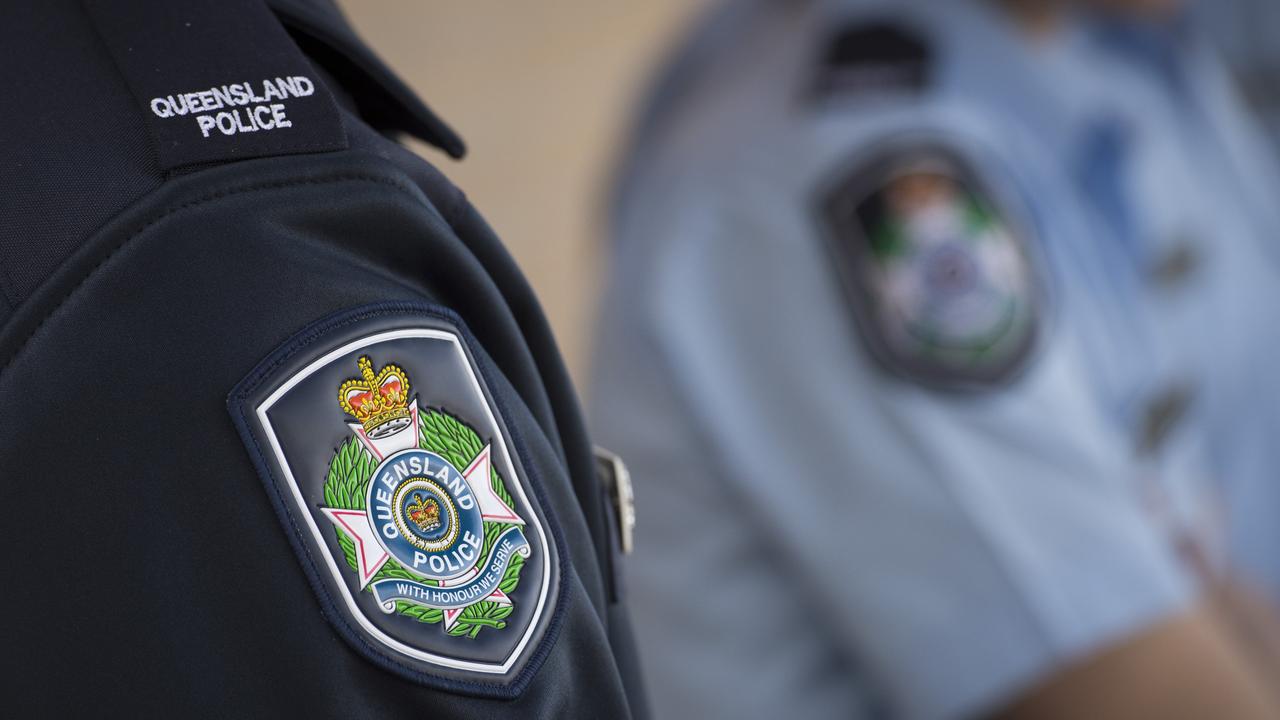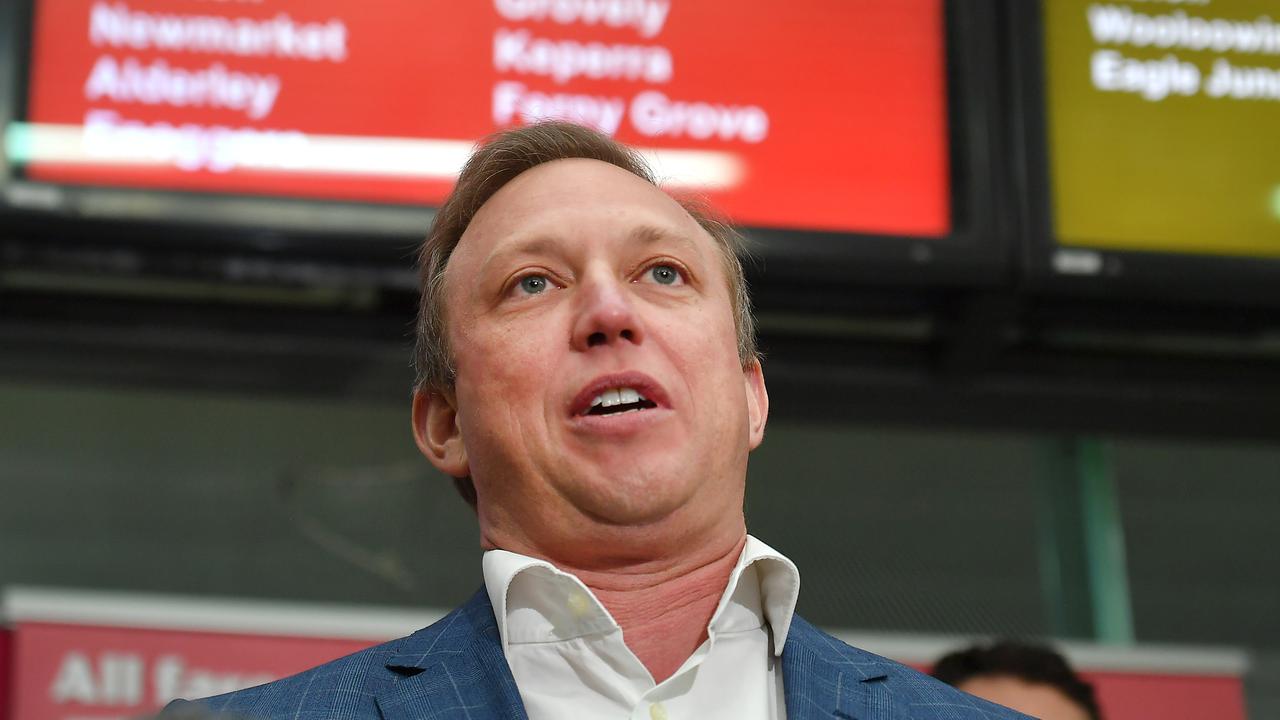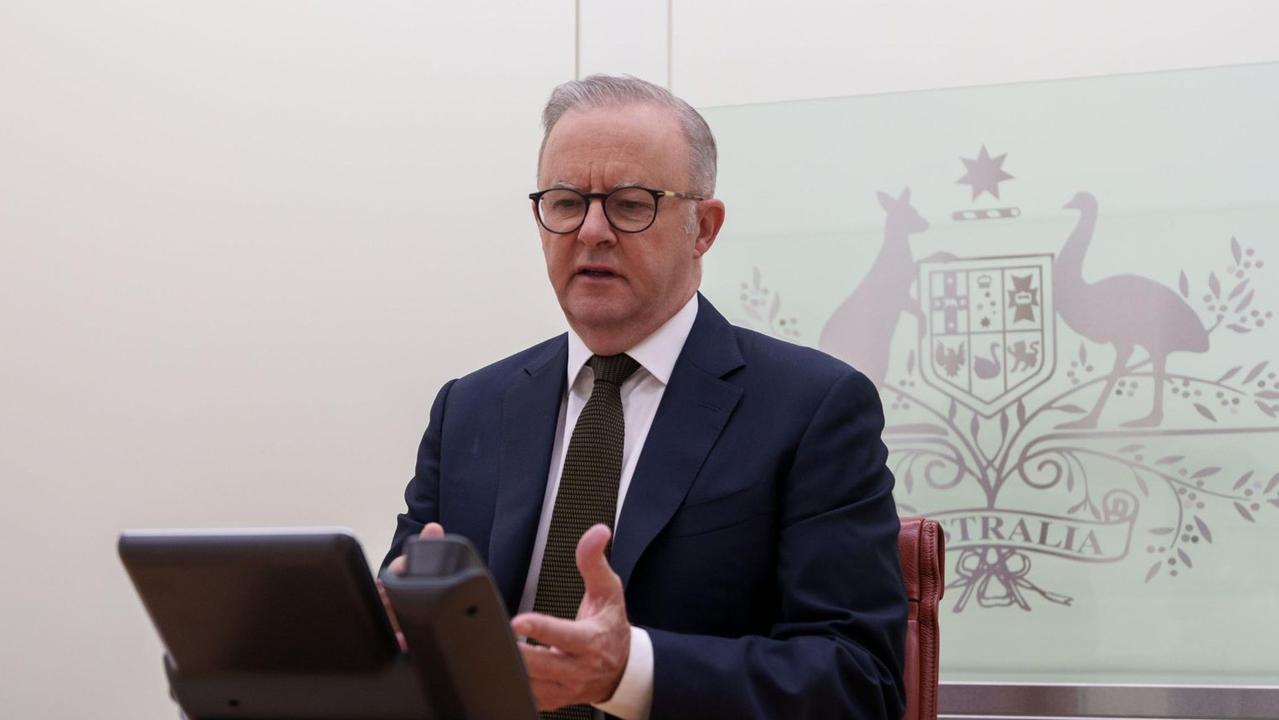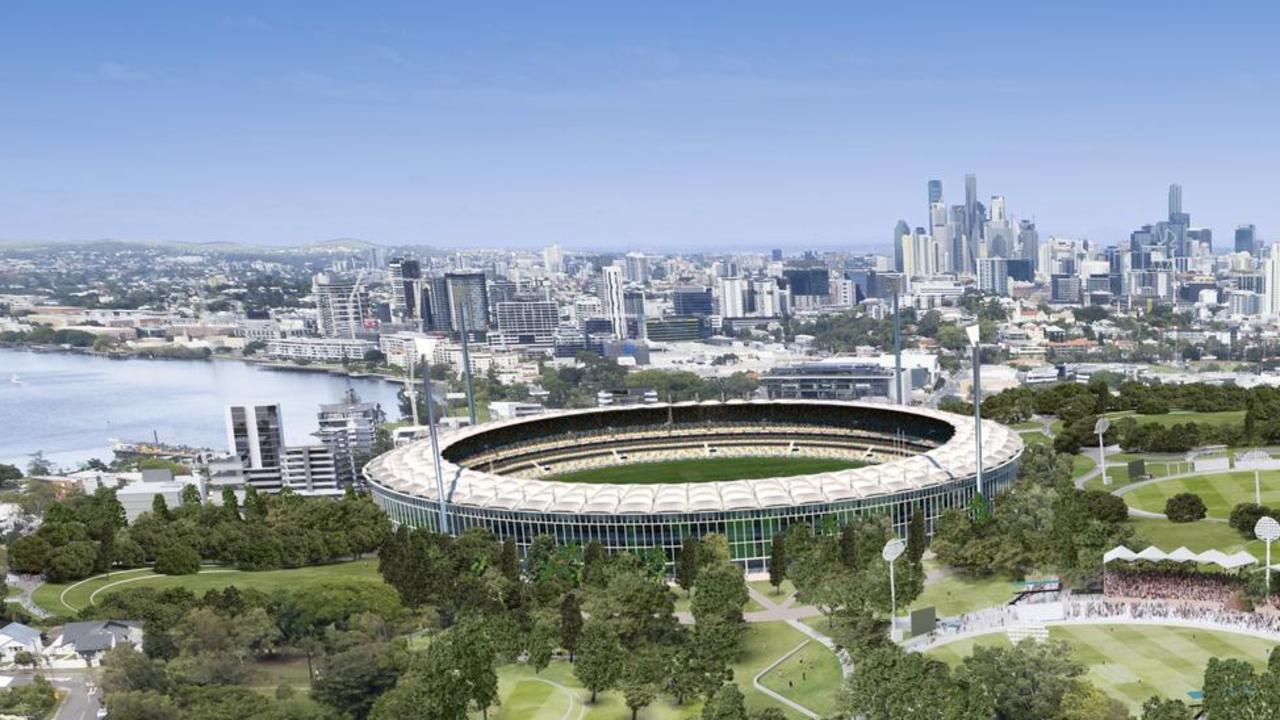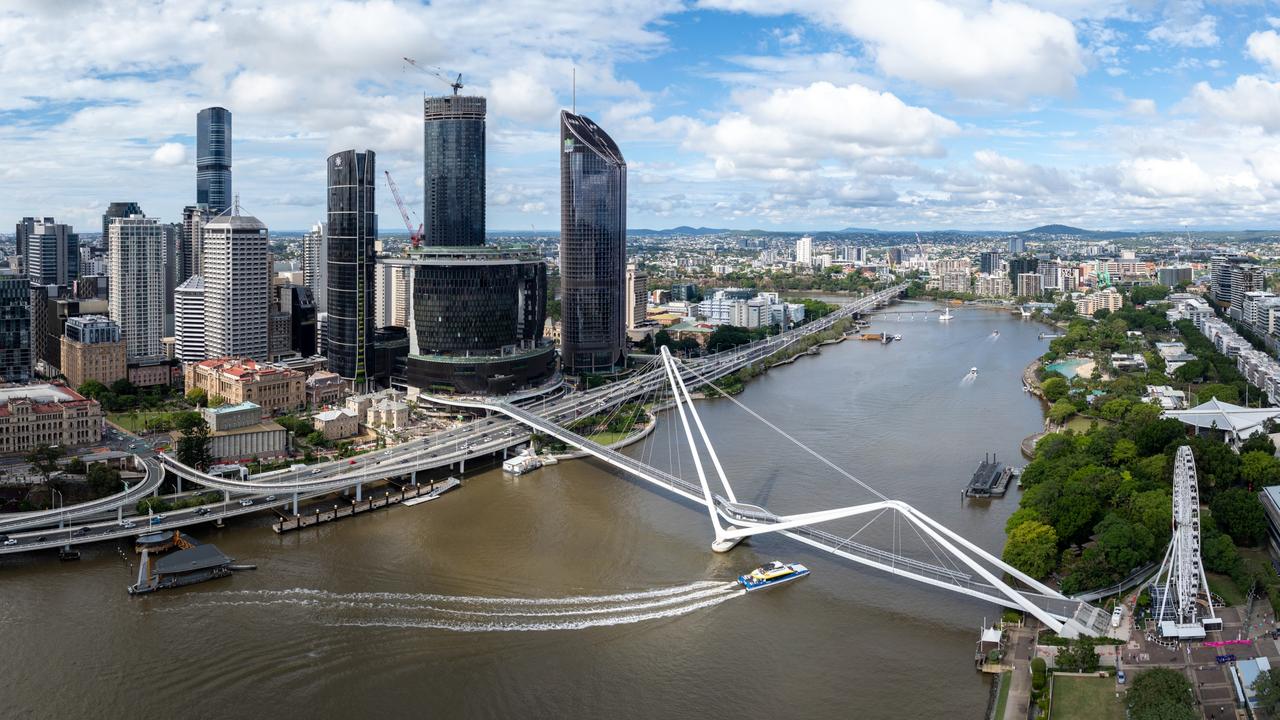Editorial: 50c fare bonanza goes far beyond easing hip-pocket pain
Encouraging public transport use through more heavily subsidised fares can help the economy in all sorts of ways, writes the editor.
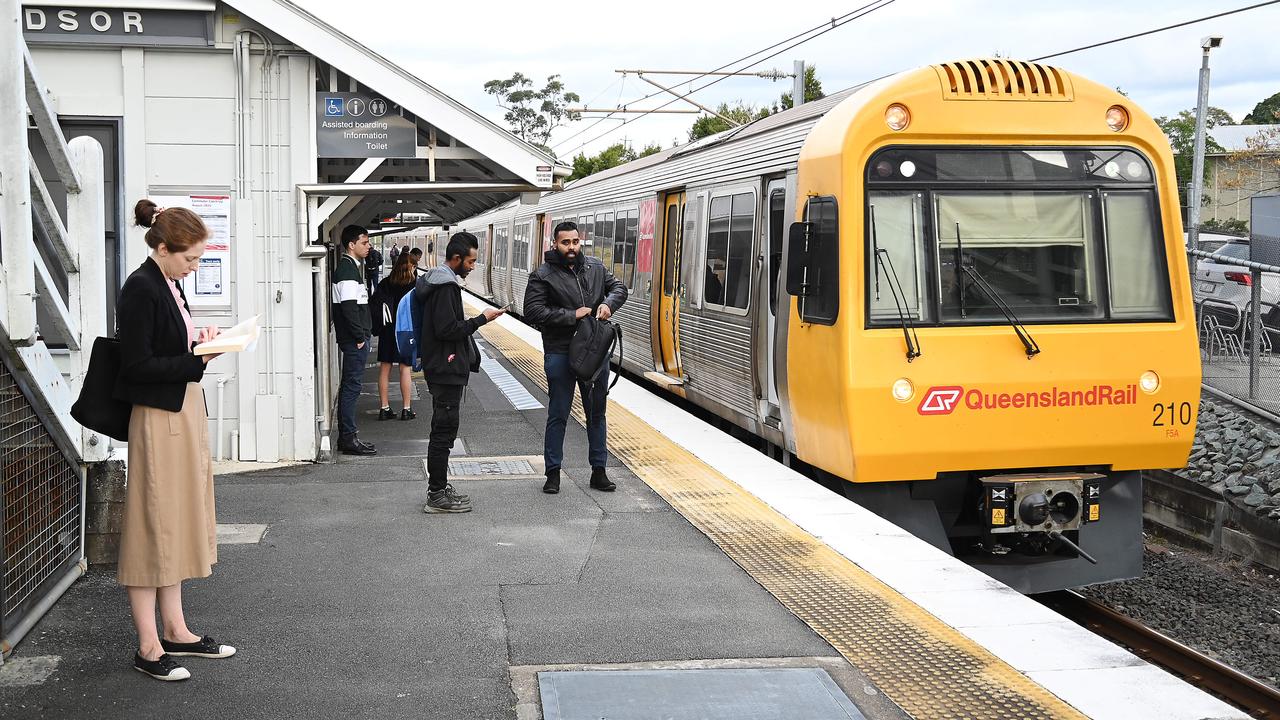
Opinion
Don't miss out on the headlines from Opinion. Followed categories will be added to My News.
The Queensland LNP government has made the right call converting Labor’s pre-election 50c fare trial into permanent policy – even though it’s estimated to cost $1.5bn over four years.
We have always supported the idea – for its cost-of-living and congestion-busting potential – and when Labor premier Steven Miles announced a six-month trial of the scheme last May, we urged readers to hop on board, which is exactly what has happened.
Transport Minister Brent Mickelberg says public transport usage across the state has risen
18 per cent during the trial period, with some of the biggest increases (off a low base) in the regions.
Townsville passenger numbers are up by 49 per cent and Mackay 41 per cent. Congestion in the southeast has also apparently eased.
We would have understood if Treasurer David Janetzki – who is grappling with soaring state debt and limited new revenue and cost-cutting options – had demanded the scheme be scrapped as yet another unaffordable and costly attempt by a panicking Labor Party to buy votes with public money.
But it made sense not to because this is a rare case of pork-barrelling that actually makes economic sense, beyond helping people with their bills – unlike Labor’s other big pre-election sweetener, its non-means-tested $1000 lump sum energy rebate, which cost the budget about $2.5bn in one go.
Labor’s power bills subsidy was nothing more than bribery by another name – handing out money to anyone with an electricity account, regardless of need, in the ultimately fruitless hope they’d tick the right box in the polling booth.
On the other hand, encouraging public transport use through more heavily subsidised fares can help the economy in all sorts of ways beyond reducing cost-of-living pressures.
More public transport passengers mean fewer private cars on the road and less congestion, and, over time, potentially less demand for road infrastructure. It also makes things fairer for those who live further out and are currently being penalised by higher fares.
Economic benefits aside, the LNP really had no choice but to tick off on Labor’s cheap-fare plan, which it had already pretty much agreed to support during the election campaign.
To do otherwise would have been politically dangerous for a party running a small-target campaign with promises not to slash and burn if it won office.
With that said, there are still plenty of targets for Mr Janetzki to consider if he is looking for other government handouts and concession schemes to cut into.
Labor’s last budget in June last year included $11.2bn of new and existing cost-of-living concessions for Queensland families and businesses – compared with $6.8bn just two years earlier – covering everything from transfer duty concessions for first-home buyers to drought-relief payments.
Behind every single one of these concessions is a no-doubt hard fought battle by interested parties, and any attempt to cut back would spark a politically challenging skirmish. But the government’s list of handouts has grown enormously recently – by more than 60 per cent in the past couple of years.
So far, all the new LNP government has added to that total with its $1.5bn commitment for cheaper bus and train and ferry tickets. Now comes the hard part – finding the savings.
ANOTHER STEP TO GAMES GLORY
As Queensland waits for the completion of Premier David Crisafulli’s 100-day Olympic and Paralympic infrastructure review, it would be fair comment to observe that we have done absolutely nothing to ensure the 2032 Games are a success.
However next week should see a small win that will go a long way towards making sure the Aussie team wins a stack of gold in front of their home crowd.
Legislation will be introduced to turn the Queensland Academy of Sport into an independent statutory body – rather than a division of the Department of Sport and Tourism.
The reason why that matters was made abundantly clear in February 2024 when Academy boss Chelsea Warr stood down after her position became untenable due to increasing tensions with department bureaucrats.
Ms Warr is the high performance expert who worked with the Great Britain team for 20 years as they rose from 36th on the medal table to second.
She is the best in the world at what she does – she just needs to be allowed to do it without interference.
The good news is that she has met with Sports Minister Tim Mander’s chief of staff. If the government can convince her to return it will set our team back on the path to a gold rush.
Now we just need a plan for the stadiums where our athletes will cover themselves in glory.
Responsibility for election comment is taken by Chris Jones, corner of Mayne Rd & Campbell St, Bowen Hills, Qld 4006. Printed and published by NEWSQUEENSLAND (ACN 009 661 778). Contact details here
Originally published as Editorial: 50c fare bonanza goes far beyond easing hip-pocket pain

